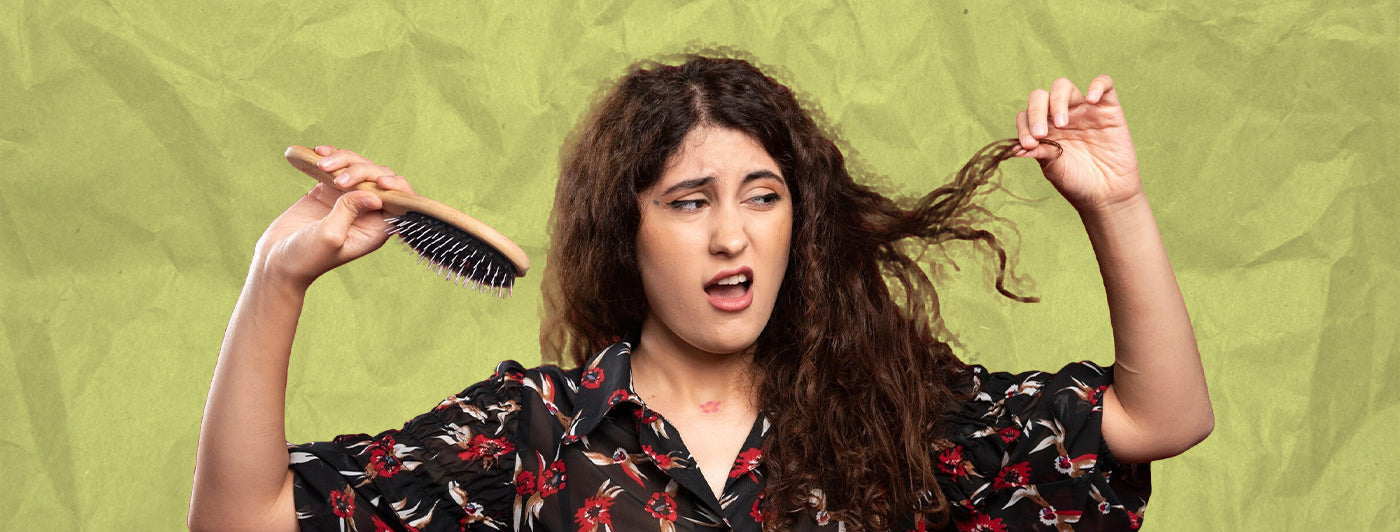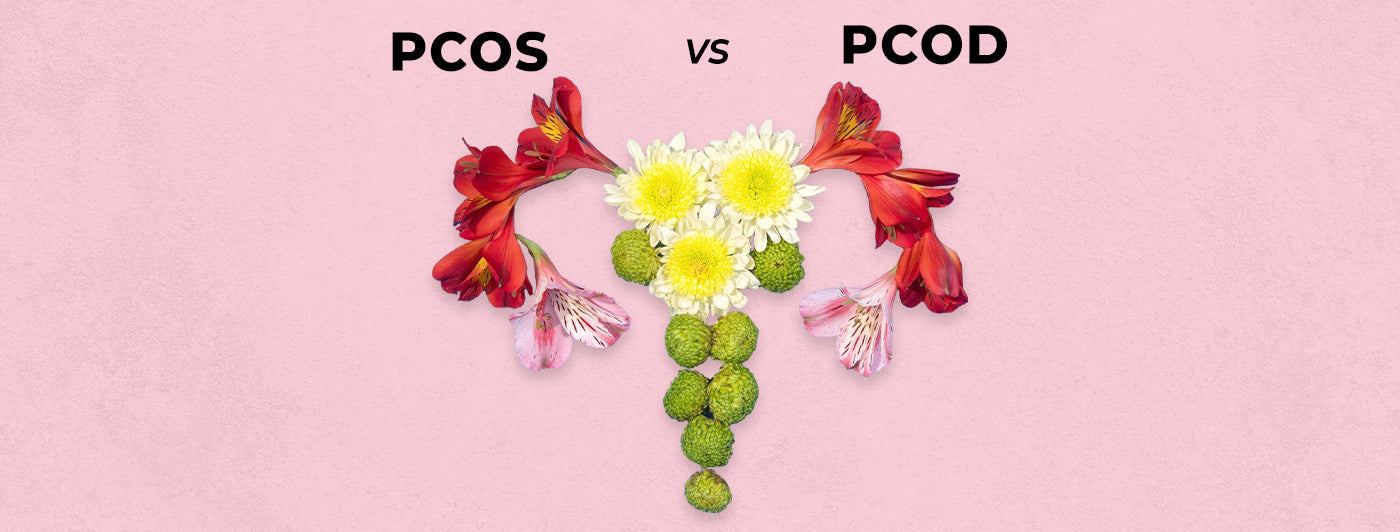Hair loss, or alopecia, is a common concern that can result from genetics, lifestyle, and nutritional deficiencies. Understanding which deficiency causes hair fall can be crucial to developing an effective prevention strategy. In this article, we’ll explore common nutrient deficiencies that lead to hair loss and outline actionable steps to support hair health.
Uncover Which Deficiency Causes Hair Fall: Key Nutrients

1. Iron Deficiency:
One of the most prevalent answers to which deficiency causes hair fall is iron deficiency. Iron supports hemoglobin production, which delivers oxygen to cells, including those in hair follicles. Reduced oxygen levels weaken hair follicles, pushing them into a shedding phase. Individuals with iron deficiency often experience fatigue, pale skin, and brittle nails, along with hair thinning. Consuming iron-rich foods such as leafy greens, beans, and lean meats can help; however, supplements may be needed in cases of chronic deficiency.
2. Biotin Deficiency:
Biotin, or vitamin B7, is another key factor in addressing which deficiency causes hair fall. This nutrient aids keratin production, an essential protein for hair structure and strength. Low biotin levels can result in brittle hair, making it prone to breakage.Including biotin rich foods like nuts, seeds, and certain vegetables can support healthy hair, although supplementation may only be necessary for those with a confirmed deficiency. Additionally, the uses of biotin extend beyond hair health, benefiting skin and nail strength as well.
3. Vitamin D Deficiency:
Vitamin D deficiency is another common factor when exploring which deficiency causes hair fall. This vitamin plays a role in hair follicle cycling, promoting a balanced growth phase. Insufficient vitamin D levels can disrupt this cycle, leading to shedding. People with limited sun exposure, particularly in regions with less sunlight, may require vitamin D supplements or fortified foods to maintain adequate levels.
4. Protein Deficiency:
Protein deficiency also ranks high on the list of which deficiency causes hair fall. Hair is predominantly made of keratin, a protein derived from amino acids. When the body lacks adequate protein, it prioritizes protein for essential bodily functions over hair production, leading to hair weakening and shedding.Vegetarians and vegans might benefit from protein alternatives like pea protein powder to ensure they meet their needs.
Additional Nutrients Supporting Hair Health
While iron, biotin, vitamin D, and protein are central answers to which deficiency causes hair fall, other nutrients also play vital roles in supporting hair growth:
- Vitamin C: Assists in iron absorption and helps in collagen synthesis, which is essential for scalp health.
- Zinc: Involved in cell growth and division, zinc is necessary for hair follicle health and repair.
- Vitamin E: Known for its antioxidant properties, vitamin E protects hair follicles from oxidative stress and reduces hair breakage.
Dietary and Lifestyle Adjustments for Hair Health
Adopting a nutrient-dense diet and a balanced lifestyle can help prevent deficiencies that often lead to hair thinning. Addressing which deficiency causes hair fall through these approaches can significantly improve hair resilience.
Dietary Tips for Hair Health
- Combine Iron and Vitamin C-Rich Foods: Iron deficiency is a common cause of hair loss. Eating iron-rich foods like leafy greens, beans, and red meat alongside vitamin C-rich foods (such as citrus fruits and peppers) enhances iron absorption, supporting overall hair health.
- Diversify Protein Sources: Protein is fundamental for hair structure, so incorporating a variety of sources, like legumes, nuts, and tofu, can help strengthen hair. Those who eat animal products may also include eggs and lean meats.
- Stay Hydrated: Proper hydration is essential for nutrient absorption and scalp health. Aim for at least 8 glasses of water daily to support hair elasticity and reduce breakage.
Lifestyle Tips to Reduce Hair Loss
- Manage Stress: Chronic stress can disrupt the hair cycle, exacerbating hair loss from any existing deficiency. Practices like yoga, meditation, and exercise help reduce stress, supporting hair health.
- Avoid Chemical Overuse: Excessive use of heat and chemicals weakens hair, making it more vulnerable. Opting for gentle styling and using heat-protective products can help.
- Scalp Massage: Massaging the scalp improves blood circulation, supporting nutrient delivery to hair follicles and potentially boosting growth.
Conclusion
Knowing which deficiency causes hair fall empowers you to take preventative steps. Iron, biotin, vitamin D, and protein deficiencies each contribute to hair loss, but diet and lifestyle changes offer a strong foundation for maintaining healthy hair. For those seeking natural alternatives, a Plant Based Biotin Supplement can support biotin levels effectively, especially for individuals with dietary preferences. With a nutrient-rich diet, stress management, and consistent scalp care, you can support your hair’s vitality. For unresolved concerns, professional advice can guide you toward an individualized plan for hair restoration.











